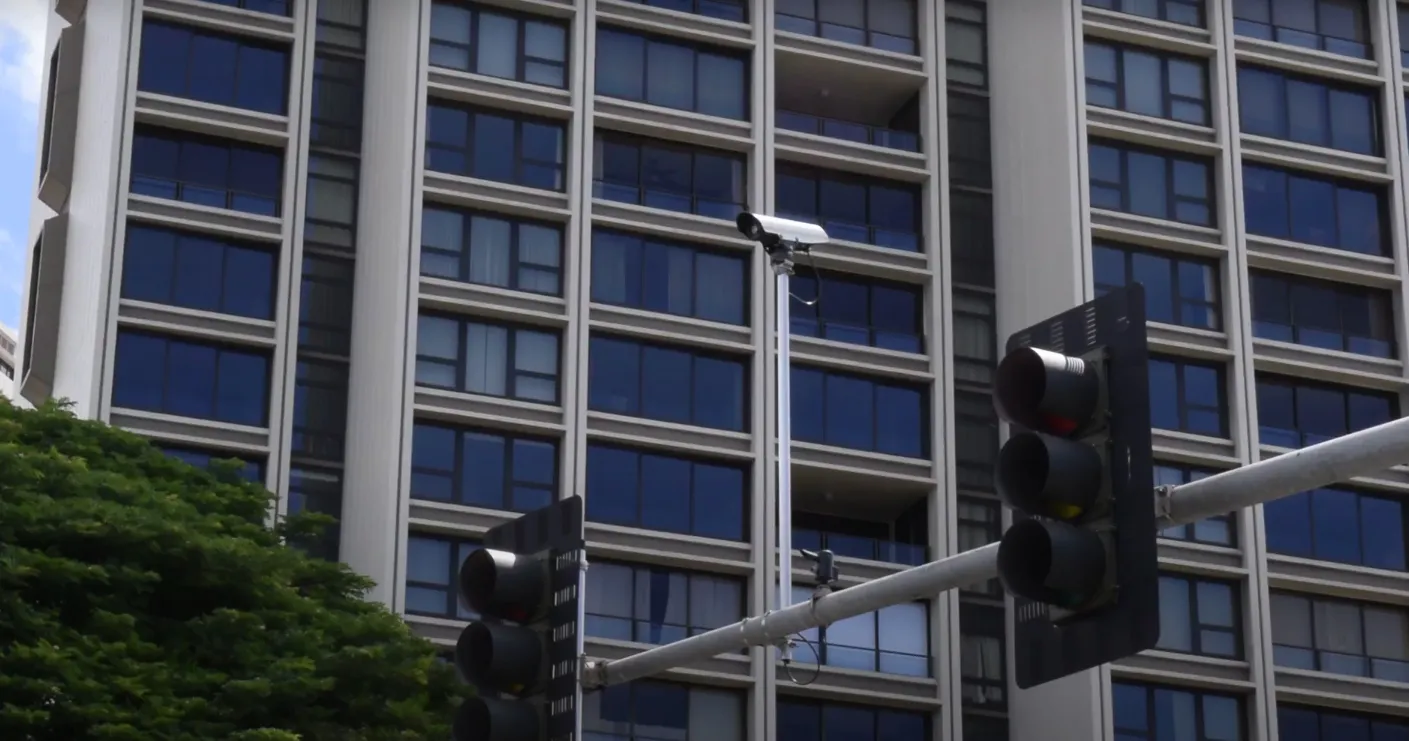The Korean Government is committed to make high-speed tube travel a reality in the country and the agreement includes licensing and research development of vacuum state tube infrastructure technologies and a safety management platform, along with a full-scale test bed for the Hyperloop.
It also includes the co-development of safety standards and regulations for the Hyperloop system and licensing HTT technologies such as HTT's levitation and propulsion technology, battery and energy management technology, as well as passenger experience to KICT in the Republic of Korea.
Dirk Ahlborn, CEO of Hyperloop Transportation Technologies said the technology firm is making its developments available to all parties interested in implementing this technology through its licensing program and ensuring there is a worldwide interchangeable standard.
Tai Sik Lee, KICT president, said, "The Republic of Korea continues its tradition of technological advancement and innovation by bringing this technology to life, the government has allocated the necessary resources, we finalised our preliminary research and now are getting ready to implement."
Hyperloop Transportation Technologies licenses technology in South Korea
Hyperloop Transportation Technologies (HTT) has signed agreements with the South Korean government's department of technological innovation and infrastructure, the Korea Institute of Civil Engineering and Building Technology (KICT) and the country's engineering research school, Hanyang University.
June 23, 2017
Read time: 2 mins










